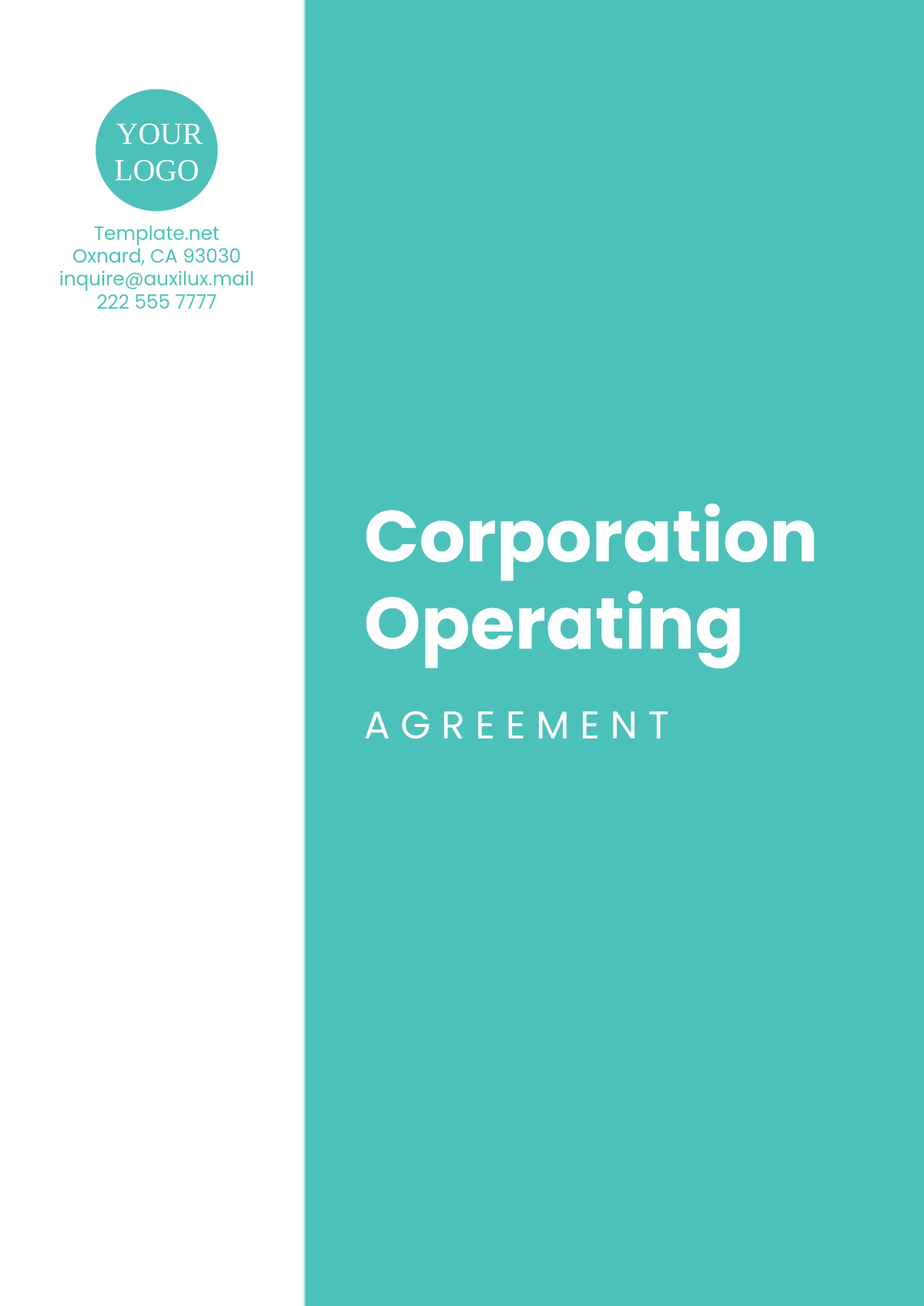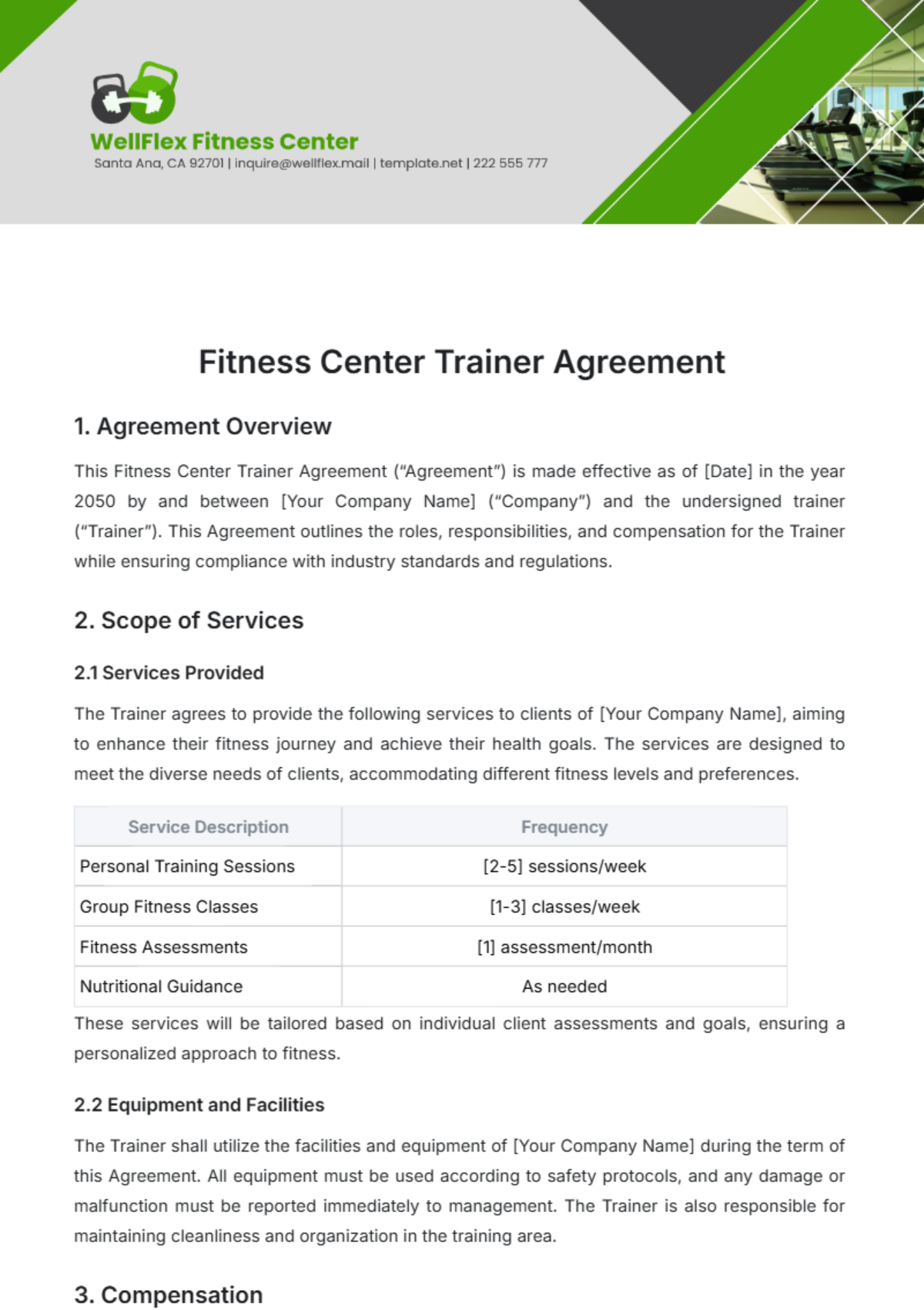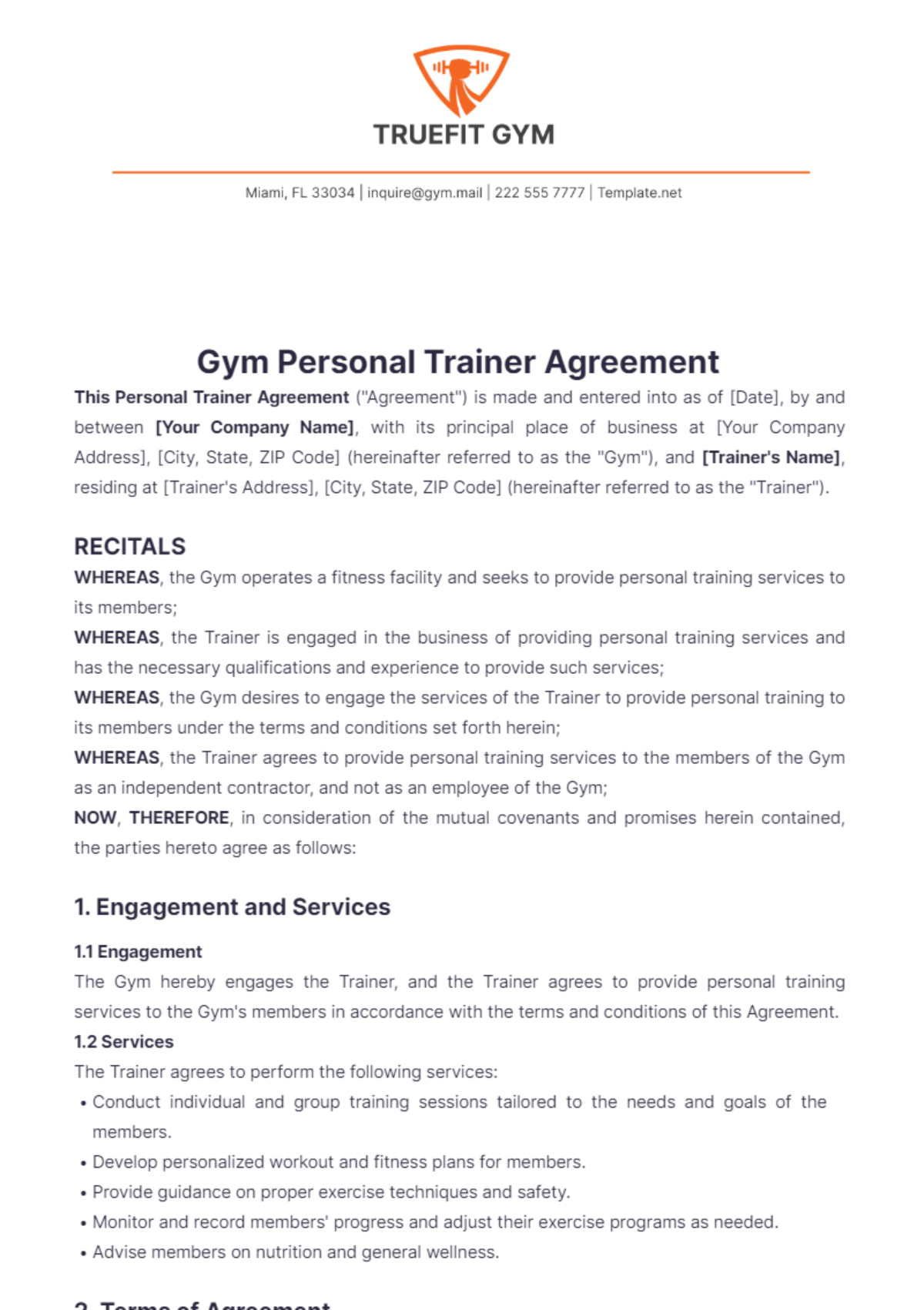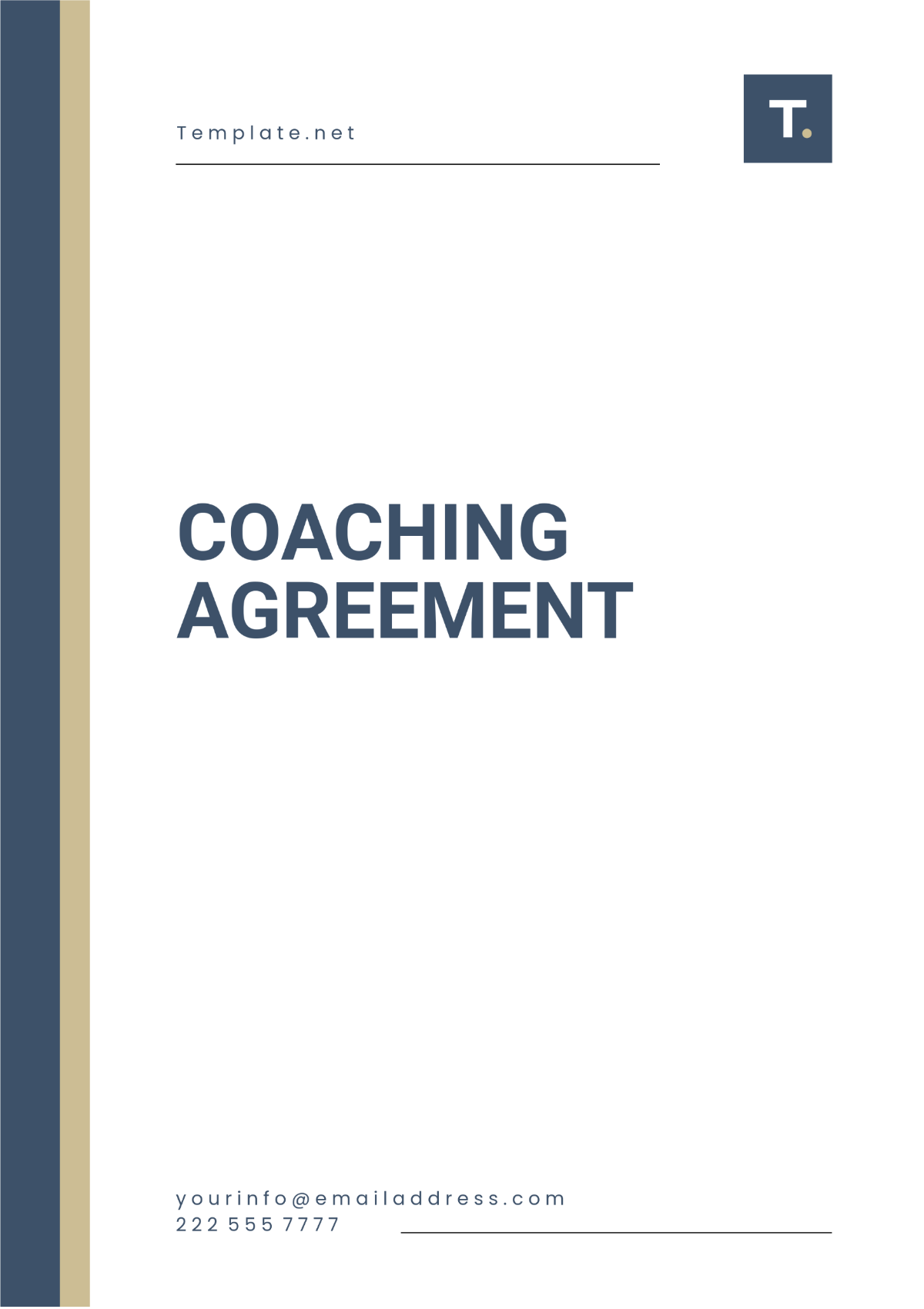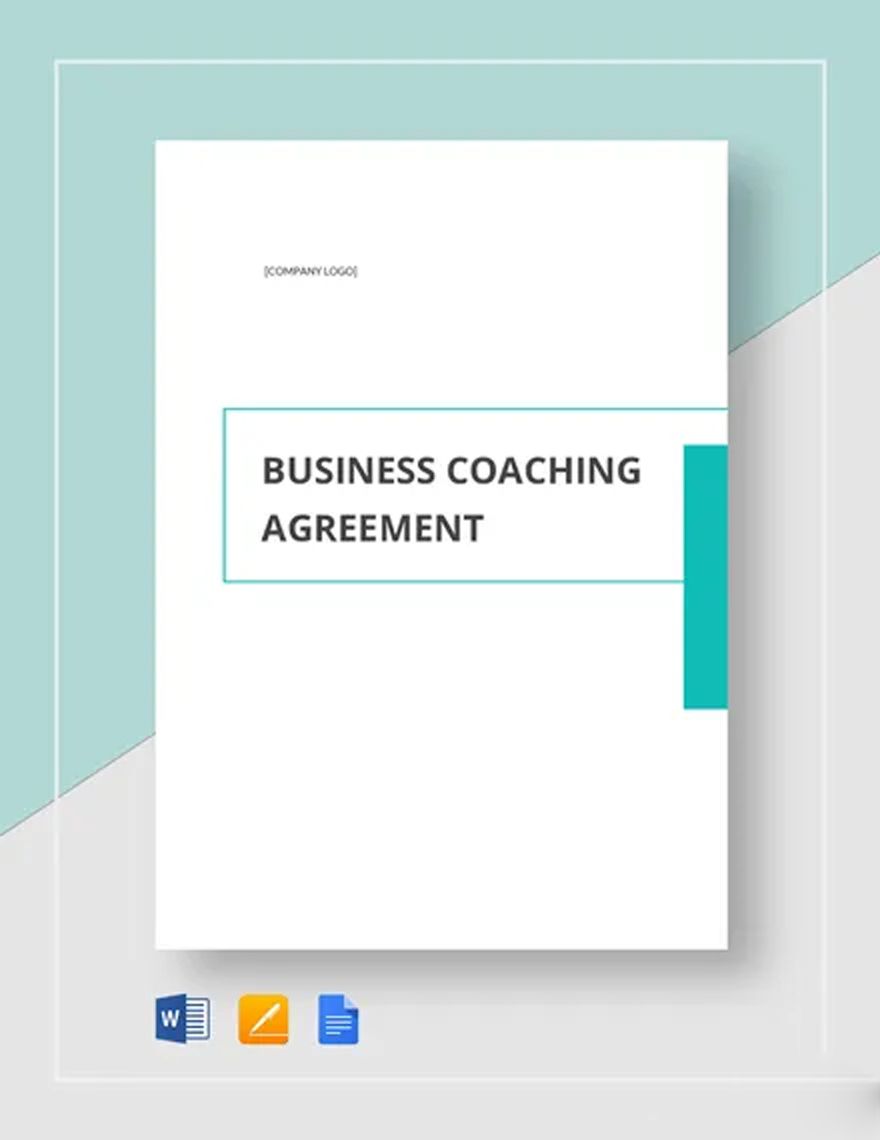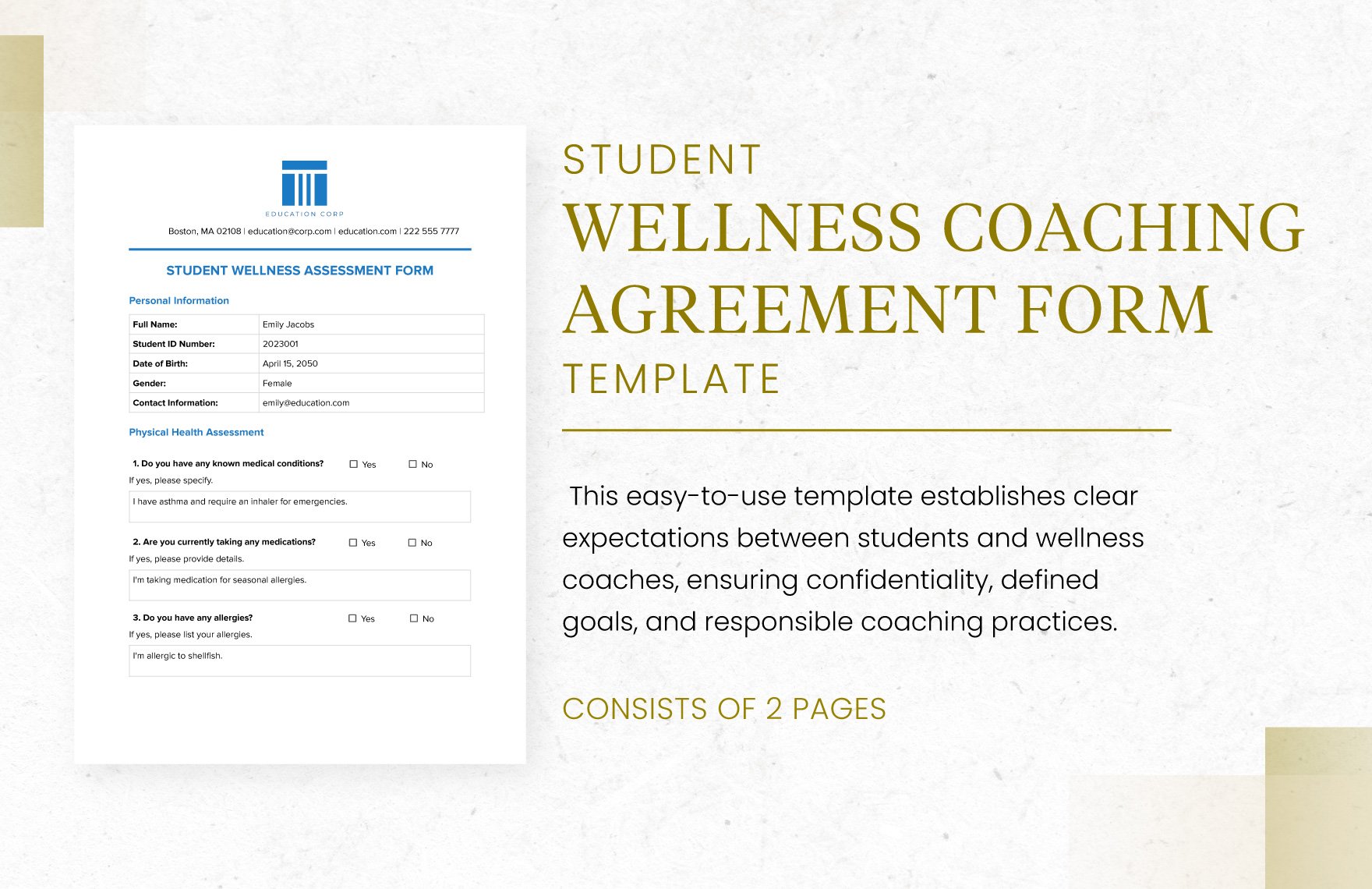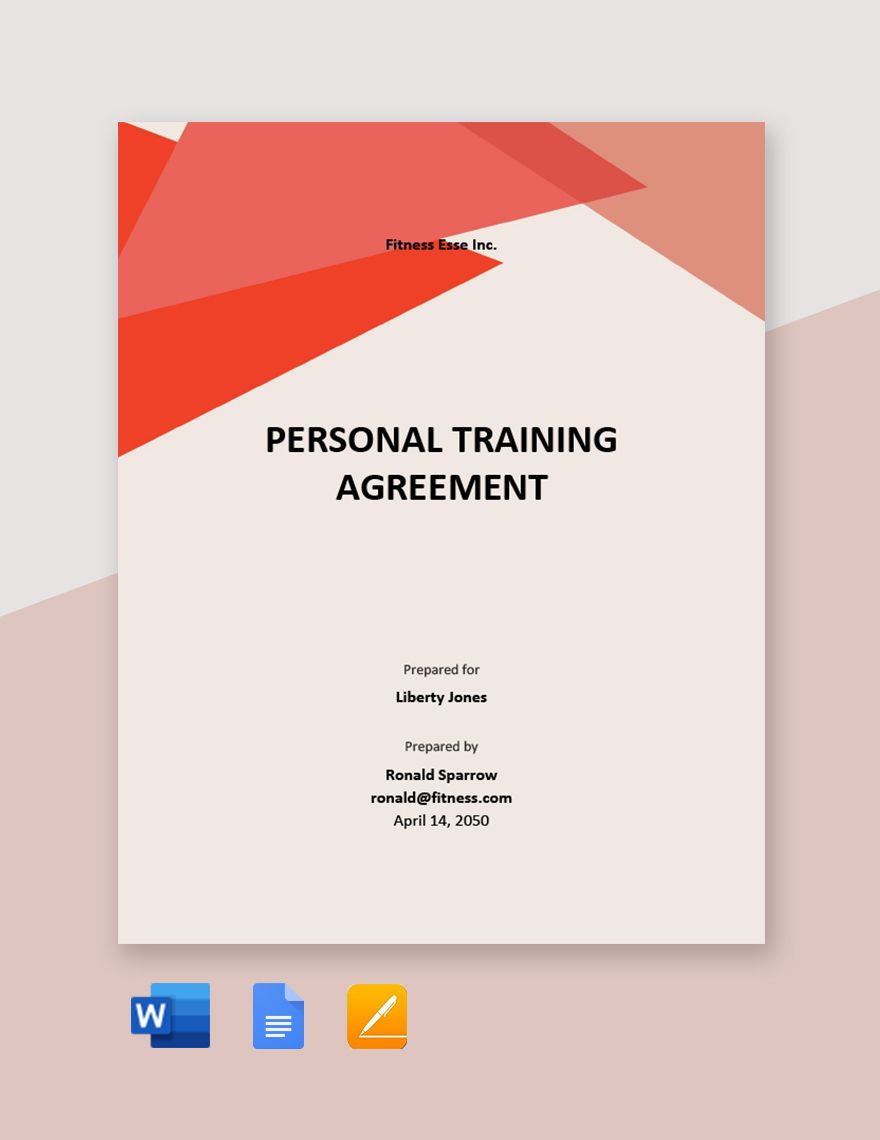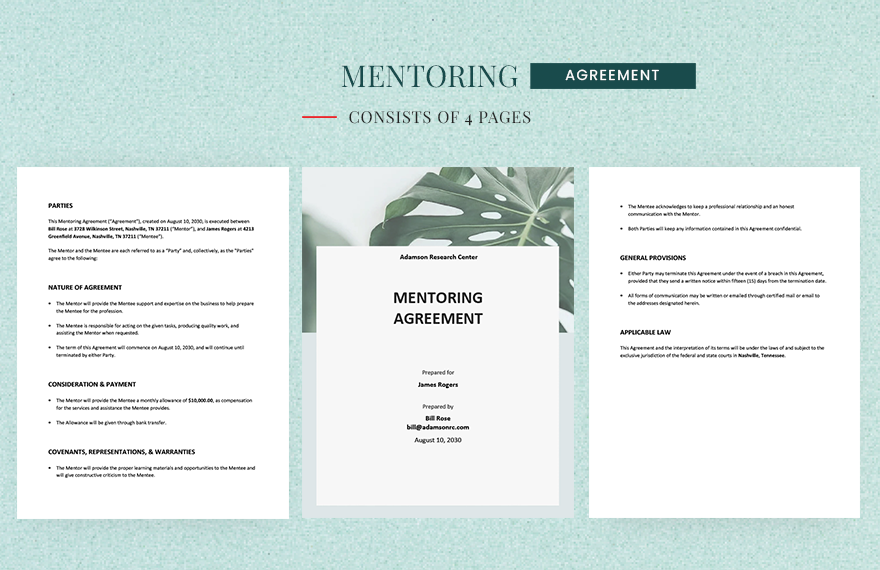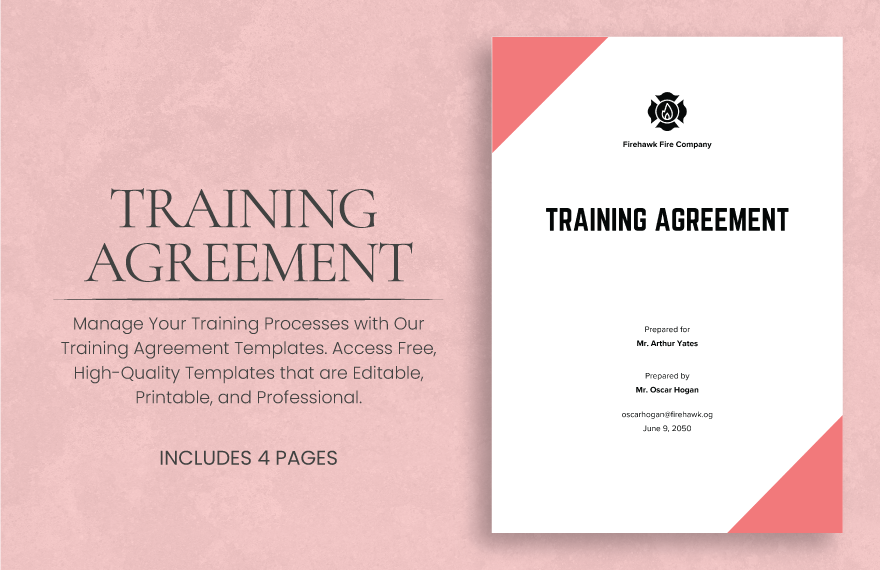Discover Clear Communication and Professionalism with Coaching Agreement Templates from Template.net
Bring your coaching agreements to life with Coaching Agreement Templates from Template.net. Perfectly tailored for coaches, consultants, and mentoring professionals, these templates enable you to keep your clients engaged, streamline your processes, and enhance your professional image. Use them to formalize a coaching contract or clarify the terms of a mentorship program in just a few minutes. Each template includes essential elements such as terms and conditions, payment agreements, and confidentiality clauses. No specialized legal knowledge is required; just fill in the details, and you're all set. With professionally designed layouts tailored for both print and digital distribution, these templates work perfectly across multiple communication channels without any fuss.
Discover the many templates we have on hand, ready for your immediate use. Each Coaching Agreement Template is customizable, allowing you to effortlessly select a design, swap in your brand assets, and tweak colors and fonts to fit your style. Add advanced touches by dragging and dropping icons or graphics and utilizing AI-powered text tools for polished, professional agreements. With endless possibilities at your fingertips, crafting your ideal document has never been easier or more enjoyable, and there's no need for previous design skills. Our regularly updated library ensures you'll always have fresh, versatile options to choose from. When you're finished, download or share your finalized contract via link, print, email, and more, making it ideal for use in various scenarios or collaborations.
